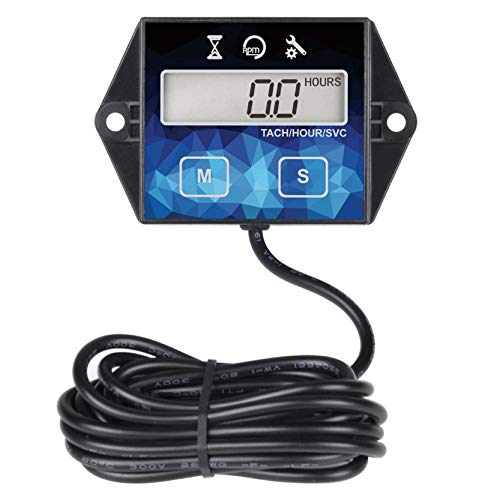Hey James, We've got you covered. If you check out the link below, we do specifically allow cap banks in the D12 FE rules. It's at the bottom of the page under rule 8-F. After our winter meeing last year, I tweakled the new FE Spec rules to align with the ones used at the WTC. You and Dick already had Spec tunnels, you run at the WTC and you both attend all the district races so it was a no brainer.
http://www.impba.net/index.php?option=com_kunena&Itemid=153&func=view&catid=17&id=65
http://www.impba.net...&catid=17&id=65
Now we can start the debate on extra capacitors (cap banks). First, what is ripple current? It's a small variation of the current traveling from the battery pack to the esc. The capacitors job is to act as a conditioner to smooth out these variations providing a more consistant current to the speed controller. Now all speed controllers already have capacitors installed from the factory. But if the ripple current is excessive, the controller will be put under alot more stress and the stock capacitors will heat up trying to do thier job. Eventually the caps and/or the controller will blow, resulting in a redecorated interior for your boat. Extra capacitors take some of the load off the ESC's capacitors, keeping the controller happy and the stock caps cool. A little side note- Many FE boaters check the temperature of their motors and speed controllers immediately after a run when trying a new set up or proping up. The usual accepted standard is about 130-140 degress F as a max temperature for motor and the body of the speed controller. Caps will usually be much hotter and I believe 160 degress is the maximum acceptable temperature. But the bottom line is the cooler you keep your equipment. the longer it will last.
Ripple current most often occurs when the ESC is demanding more current than the battery (and associated wiring) can provide. Causes include battery packs that have an insufficient "C" rating, packs that are old, low quality bargain packs that do not have the specs that are advertised on their labels, to much wire length between controller and battery (keep it 7 inches or less when possible), using too thin a gauge wire, using connectors that are too small, bad solder joints and dirty connectors.
Are cap banks really a necessity??? Doug Smock in D13 doesent run them in any of his Limited (Spec) boats and he whipped all our butts at the ODMBA race last year. He also took District championships in the three limited (spec) classes last season with no failures. I have run them on my high amp full "P" powered boats for a little insurance but I don't run them in my spec boats. I hope you guys coming into the FE side now realize why many of us recommend getting the best quality cells you can afford. You folks that run internal combustion boats wouldnt feed cheapo bargain fuel to your race boats. Don't feed junk to your boats electrical system either. You'll be hurting your equipment and your performance will suffer.
Now, I'm not a EE and there are alot of people out there with a ton more knowlege and experience than I have. I hate giving out bad information so feel free to correct any of my misinformation and kick in your 2 cents........











































